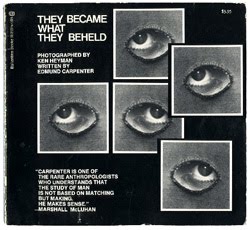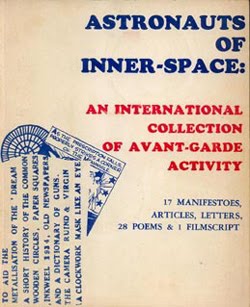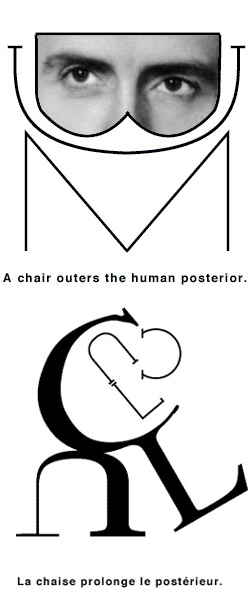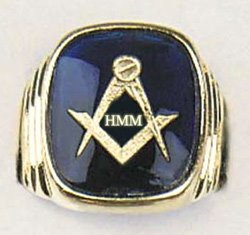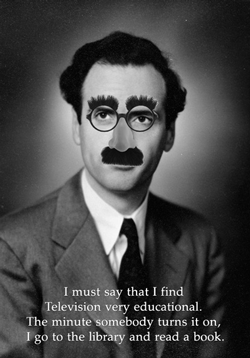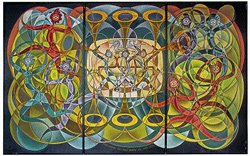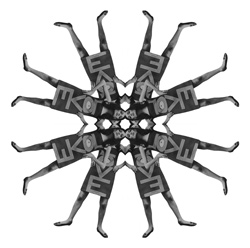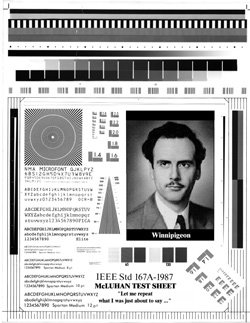Well, anyway, there's another new one comin' down the pike but happily, I daresay, it's the best yet. This may be due to the author, Janine Marchessault, having the advantage of 20/20 hindsight because she certainly stands on the shoulders of all who wrote before her. But that's to her credit because she pursued her long-incubating project (10 years, I think) with due diligence.
If it's not really fair to say "the best yet" since all the previous books make great contributions, COSMIC MEDIA certainly makes the short list of the best books to introduce McLuhan to a "freshman." McLuhan once wrote how Richard Ellmann's biography (1959) of James Joyce would be seriously damaging to an undergraduate. The reason: it went into too much detail on Joyce's personal life since MM believed there was "no Joyce" in his novels. It's not that Marchessault avoids the private McLuhan (she actually makes too much of his Catholicism). It's because she knows and understands the genuine, revolutionary contributions MM made to human knowledge. And she suspects nobody realizes (or will openly admit) the relevance of it to the 21st century.
Ted Carpenter told me about a decade ago (and even wrote it down) that he was interested in MM's contribution to an aesthetic approach to media ecology. And he tuned out when MM started to talk about using the computer as a global thermostat (i.e., "programming 20 less hours of radio in Venezuela next week", etc.). We can put Marchessault in Carpenter's camp because her penetration of MM also balks and retreats at that point (p.177). Nobody yet (except me - see my upcoming essay in Lance Strate's collection of the Fordham symposium in '98) has understood how and why MM mimed the "CIA world" in the Sixties. But the author of COSMIC MEDIA is perhaps ready to be so enlightened. Here are some sample quotations (tops of icebergs) that I tip my hat to:
"We can note that McLuhan moves from a notion of culture as landscape to one of environment, from spectatorship to immersion, and from the cinematic as an analogy for human cognition to television as the new reality and a new methodology." - p.xii
"Lev Manovich has argued that the avant-garde techniques that came into being at the dawn of the computer are today's software. He has proposed, in a manner that builds productively on McLuhan's work, that the content of the new media are the old media. In particular, the media innovations of the historical avant-garde of the 1920s (the films of Dziga Vertov) have become the basis and metaphors for today's software (Manovich, 1999). Thus the new media are 'meta-media' or 'post-media'." - p.183
"McLuhan's litany of examples do not substantiate or illustrate a theory of the media, rather, these function as singularities that enable the researcher/student to 'probe' the media in terms of a larger field of patterns, relationalities and structural homologies." - p.203
"... McLuhan responds to this problem in the same way that neurobiologists are currently trying to analyze consciousness. That is, he introduces media studies to quantum physics...." - p.204
"The age of information, says McLuhan, produces a great deal of garbage (CA:184). It is precisely the mechanism of creative recycling, metamorphosis and hybridity that stands as the true miracle of perception." - p.218

The book sometimes has the feel of a quickie because of the sloppy editing and misspellings like "Mannipean satire". But I think we've got a case of a right-brain thinker here who intuited more than if she had had the time to dot her "i's" and cross her "t's". We're talkin' late Boomer/Generation X and that's her "post-media" advantage in her attempt to catch up to Mac. And she pretty well did.
Personally, I see this book itself as symptomatic of the new post-Android Meme/AP interpretation of the present MEDIUM. But still it's such a delight to read someone tackling the pomo Establishment in their denial of MM, picking the key "touchy" spots, and getting it right.
Corinne McLuhan says in McLuhan's Wake something about MM intellectually having the answers (although not pragmatically). We can look at this book as what Corinne would write (with her insider knowledge and familiarity with MM) if she had been given the time.













![et cetera : LOVE [1977]](https://blogger.googleusercontent.com/img/b/R29vZ2xl/AVvXsEgQ8s7vwLQuzHDNgqlfBacxRkEbOErToak9kmgFl0VmyIYEqS9qIzNIVcXKpzTncPhqo3TSgOyztAguIW6OlXw65aFHmpx6cRzmvCUQQMTwUGUOd0iE0GbJakEc3g3kBAJrvlZP4z3eesg/s1600/etc1977.jpg)









![MAC LUHAN [sic] : LOST IN TRANSLATION](https://blogger.googleusercontent.com/img/b/R29vZ2xl/AVvXsEg92tMqBMDA917NDivsS2ZwIirx9KTf24tOCgFFnK65p7Hw5dvqEh1e2aefCynj2UW8u-k8zwBXbjgypsCXUcv-5G7ZCsyDB13giHEjmhVISAeW-oI_JV6ePOXW_XBDPwy2nREAoqRU7Z8/s1600/MAC.jpg)






















![Les Yeux De Nadja [unpublished]](https://blogger.googleusercontent.com/img/b/R29vZ2xl/AVvXsEgrXohpIuxxYyjKoqBSQf3TpYGjnttZnjRFvmMdshadfnVKi7PMAjIqEuqYctZFXOFH2n-oH75oJx-YkaON7xvaZgVdvaK0zfSOurEmCKqmWF6qXh2F3VbqyixfGhvY4qH6LENMTs1wCIw/s1600/2xsurreal.jpg)
















![PIED PIPERS [MARSH] ALL](https://blogger.googleusercontent.com/img/b/R29vZ2xl/AVvXsEhqvGIGG9lWZYhFZRVc_V8EJG2apQBsys4kNQOQsA0EV6H6Tg-SMN0sX15NXy_GzsF3xAUdcb2QlfvJk-RU-Rha-3Eu5Mnglkf5KLe6pccVqAP4VR_Gi4fGQ716QSmDe3Zna5Uwct5d2sw/s1600/piedPiperMarshALL270.png)






























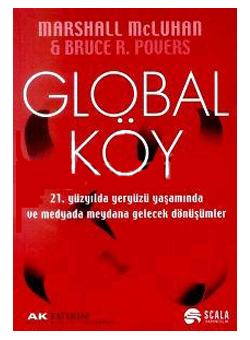



































![PICNIC IN SPACE : The Great Minds of Our Time Film Series [1973]](https://blogger.googleusercontent.com/img/b/R29vZ2xl/AVvXsEjyov75DRIUBWcYLkzPYmupFy8CQ9dQ4Q798zDIN6jPNsSdBB_WuOcvPl4WjMAz10csG071oCO3BCUtIcKyHoIkCN0lCy0OxGCV_HrLXrGNKRpUiKMrqzkJh4LSc7jT_KrrqmClapSlVa8/s1600-r/PicnicInSpace.jpg)


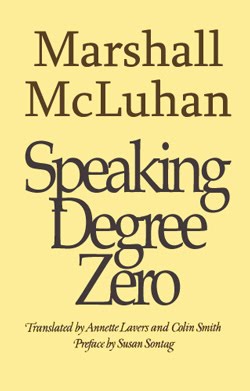






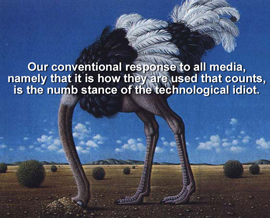


















![more Hidden ground [re:Bride] : the "flippancy" of tone seemed just "right"](https://blogger.googleusercontent.com/img/b/R29vZ2xl/AVvXsEg-hQyF9KGGhKYc73nUGmV1bStJ4fTJVh0-TL1ZtikLZEv5ppjhB3DOhFcVuzGq-kByrwtTAWgCcE173pA3UTIPe7h6xJjsPt7lRvNym007ZsdXenMDLNimKcwtaTOqkGleoxmXOeCKtxXL/s1600-r/LEAVISLEWIS.png)
















![BABA WAWA [TODAY SHOW, Toronto City Hall 1970]](https://blogger.googleusercontent.com/img/b/R29vZ2xl/AVvXsEjTZAIFkA07K36WGk951vmZnLPU99fOdNzlvVhyphenhyphenhKZEKu2n2AW5EA1CDZGaTk0aYRXUv7IOXG39igaikoE6SWm8j7QIG96wYRE54oBXwvlaNCJzp15vdkrcqR97IMMny-8sHjM-VDotTOaY/s1600-r/babaWawa.jpg)

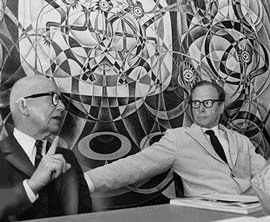

![enter the dragon : "typhon in america" [unpublished]](https://blogger.googleusercontent.com/img/b/R29vZ2xl/AVvXsEjdCnZdJ6JbaLc6hyUmUJo5UJ0m8WZSj_afYU9oRlHKIUgAIfcy2EPHNAptSRYEAmpOf0Xaa0B8iMgOTF302lY0Xmbyne0hvrdRyNo-t0Q-PPdzqX39uI3T5x5FppRPaQf9sSaXytrOpWVN/s1600-r/TIA.jpg)



























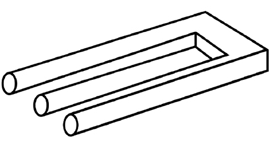









![Take Today [1972] : "the consumer becomes a producer..."](https://blogger.googleusercontent.com/img/b/R29vZ2xl/AVvXsEhA53bdVdTaXdQo1fDmrsI8oiAwF-3jampcanOq8uk3QMh8_ImkNsTiKd4-RnZY8Vbwqh1fymJiyCl1CSLcSonXHQM6XbnJYQi_Vu89gbAV4jVq73EtlbM3w6CthyphenhyphenV_pHEjE6eu_VhC489u/s1600-r/PROSUMER.jpg)
























































































![" Outtragedy of poetscalds!, Acomedy of letters " [ FW 425.24]](https://blogger.googleusercontent.com/img/b/R29vZ2xl/AVvXsEhJMrJLN3oPUb25A2tjQtWZcZxA4wZB0IOvaIAvxosAUqlFc258HHvzvlnHHvKhKq7hG3epo76izY2Bu0HC3Cy-8S46Rf0Wni3L8j8jEfpT7sXK3UFlXBMtN2v2JdrmdxvWk8VWKjkhN4-9/s1600-r/preplexLP.png)







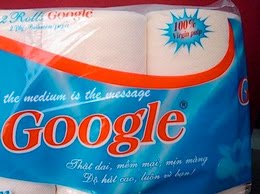



![mars[HAL]9000 : " Tomorrow is our permanent address."](https://blogger.googleusercontent.com/img/b/R29vZ2xl/AVvXsEhmblupqmUiuV3GbyayJiDRGEO63TEgwjHi-i8b0kVYDvXrKFWTCyl-e21la4QJXC4nDFDzx51Omi6fYPLJcqRHFoP6zSsL0CVZF98eMf6mxCE2WDfvMmT4q9G3X45-P0IYGDmliE0fCR3C/s1600-r/marsHAL9000_250.jpg)




























































































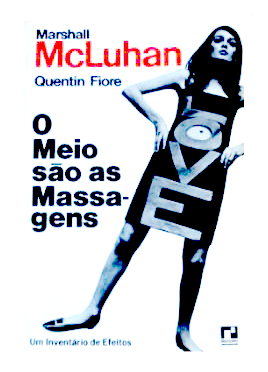





































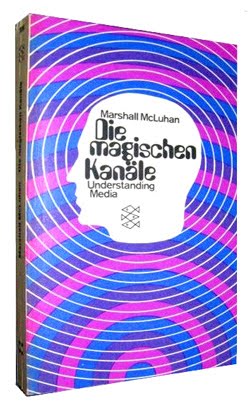
























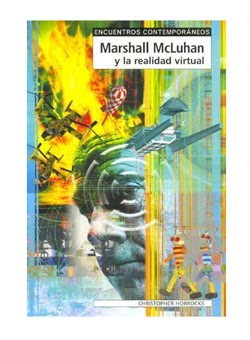




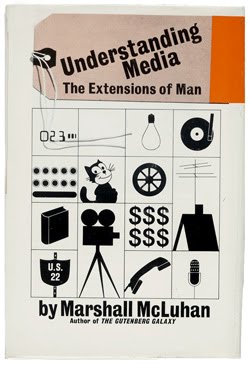


















































![Lucifer [from Latin] <br>meaning "light-bearer"](https://blogger.googleusercontent.com/img/b/R29vZ2xl/AVvXsEhq-2kZZOfh-Syv1Ewa0Ns2O6ZeP59pcsJp9ihhKcXCaovYZO_cKxffC5iSKOXFHr6E1jiHc6zedt1U6I95831RgpVdm3qk8-9C3y1yPyrCiQe4jgx-DsbeHnjKnw9t6Qx3ZM5TSYxiPj5H/s1600-r/lucifer.png)













